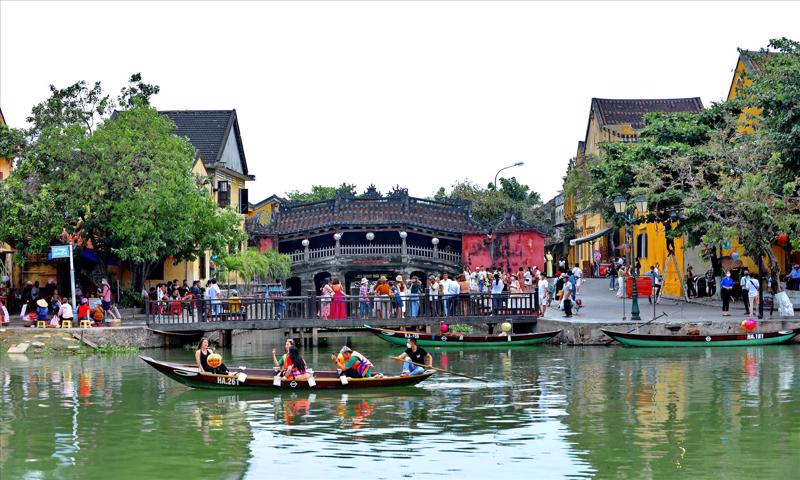Recent data from online travel platform Agoda indicates there was a 33 per cent surge in interest in travel to Vietnam in the two weeks immediately following the National Assembly’s decision to grant 90-day e-visas travelers.
Ratified by the National Assembly on June 24 and set to take effect from August 15, the new policy has already garnered overwhelming approval from travelers worldwide.
Leading the way are French tourists, who delivered an incredible 72 per cent increase in accommodation searches in the fortnight after the announcement compared to the preceding two weeks.
Increases were also seen in the Netherlands (45 per cent), New Zealand (41 per cent), Germany (40 per cent), and the US (38 per cent).
The results bode well for Vietnam’s objective of welcoming 8 million foreign tourists by the end of the year. It recently reported welcoming 5.57 million in the first half of 2023.
In fact, Vietnam hopes to welcome 12 million this year after the policy change, according to the Vietnam Tourism Advisory Board.
Agoda’s data bears out the claim that more lenient visa processes, in addition to promotions and increased flight-pairings, are already contributing to this goal, citing India as an example. Following the introduction of e-visas for Indian nationals, Agoda saw India rise from Vietnam’s eighth-largest international booking market to its second, behind only South Korea.
The National Assembly on June 24 approved extending the validity of electronic visas for foreigners to 90 days from the current 30 days. During their visa validity, foreigners can enter and exit Vietnam multiple times without having to go through new visa procedures. The number of countries and territories whose citizens are eligible to apply for an e-visa to enter Vietnam is also increased, from 46 to 80. The National Assembly also allows citizens from countries that are unilaterally exempted from visas to be granted temporary residence for 45 days, as opposed to the current 15 days, and can be considered for extensions under regulations.









 Google translate
Google translate